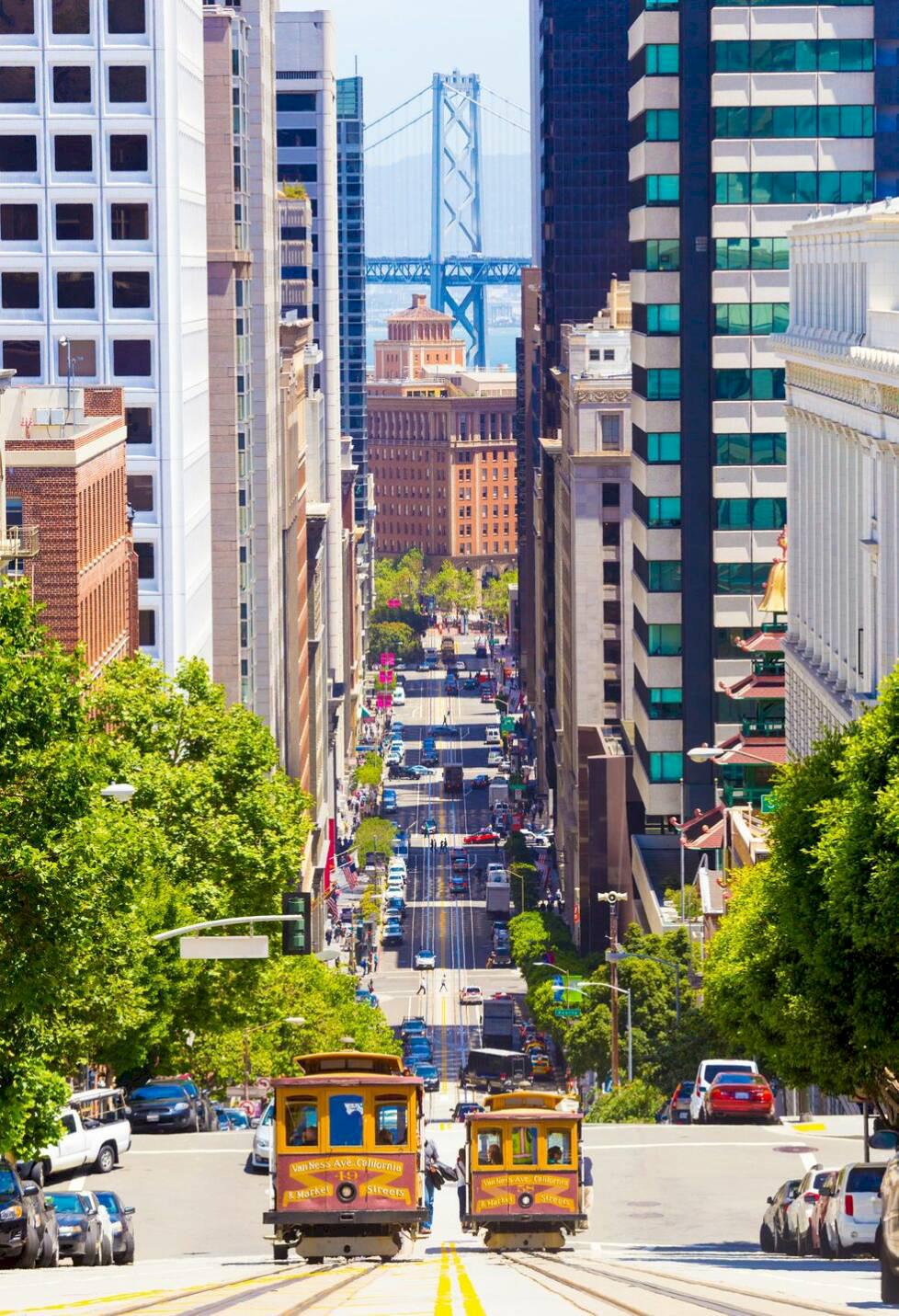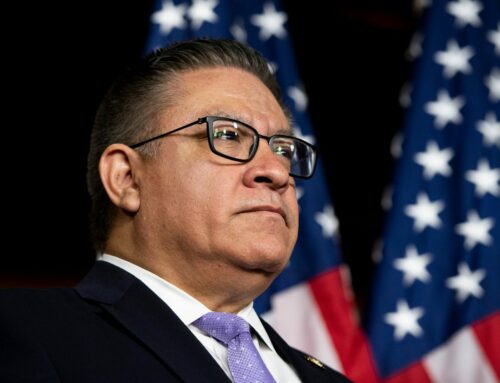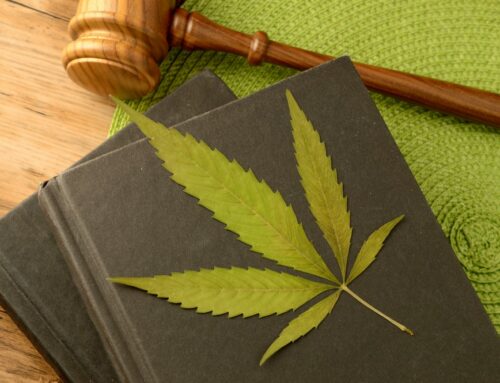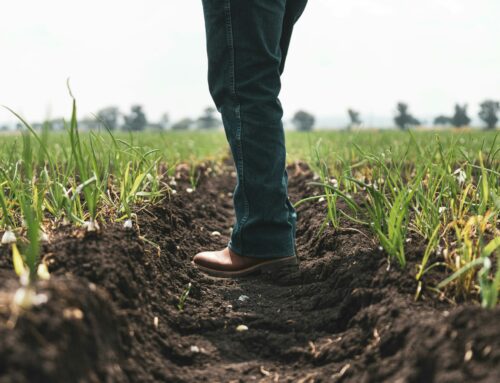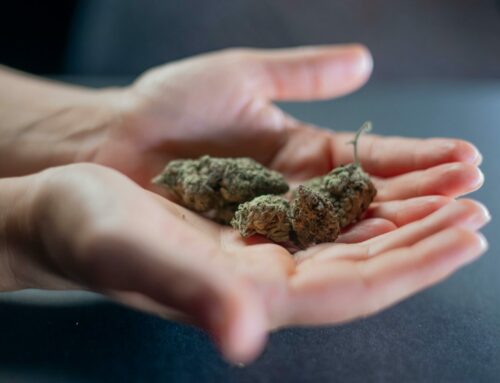San Francisco Decriminalizes Psychedelics & Entheogenic Plants
SAN FRANCISCO–A resolution that decriminalizes psychedelics and other “entheogenic plants” including magic mushrooms (psilocybin), ibogaine, and ayahuasca, which was proposed last month by Supervisors Dean Preston and Hillary Ronen, has been approved.
In a stroke of a pen, magic mushrooms and ayahuasca have been decriminalized in San Francisco, making it the latest U.S. city to do so.
According to a resolution adopted by the city’s Board of Supervisors on Tuesday, arresting people for using, cultivating, and disseminating plant-based psychedelics like shrooms, ayahuasca, and peyote, which are illegal under federal law, shall be “the lowest law enforcement priority,” and no city resources should be used for investigations involving their use. The resolution also requests that psychedelics be made legal on a provincial and federal level.
According to the proposal, psychedelics “have been demonstrated to be useful” for those struggling with addiction, trauma, and anxiety and “may promote psychological and physical heath.”
San Francisco has become the largest city to make such a move, following initiatives in Denver, Santa Cruz, and Oakland. In the United States, decriminalization resolutions have been adopted by about a dozen localities.
However, those who already sell hallucinogenic mushrooms in San Francisco, known as “myco-preneurs,” worry that the change is the first step toward new taxes, restrictions, and corporate rivalry that could threaten their line of work.
 At Dolores Park you can find vendors walking around selling psychedelics to people in San Francisco, Calif. on August 7, 2022. | Justin Katigbak
At Dolores Park you can find vendors walking around selling psychedelics to people in San Francisco, Calif. on August 7, 2022. | Justin Katigbak
While law enforcement in San Francisco currently does not have a high arrest rate for these substances, proponents say the resolution will provide a signal to bodies like the San Francisco Municipal Transportation Agency (SFMTA), the Police Commission and the District Attorney’s Office to codify the practice into official policy.
“We’re trying to literally decriminalize nature and open the floodgates to allow these marginalized groups to heal with these plant medicines,” said Carlos Plazola, co-founder of Decriminalize Nature, a nonprofit that helped write San Francisco’s resolution and has led decriminalization efforts around the country.
 Mushrooms are displayed in James McConchie’s store, Haight Street Shroom Shoppe, in San Francisco, Calif., on Monday, August 8, 2022. | Juliana Yamada
Mushrooms are displayed in James McConchie’s store, Haight Street Shroom Shoppe, in San Francisco, Calif., on Monday, August 8, 2022. | Juliana Yamada
In addition to San Francisco’s call for decriminalization, state senator Scott Wiener is working to resurrect SB 519, which would legalize a number of psychedelic drugs statewide up to a specific “allowable amount.” On August 11, the legislation will be heard by the state’s Senate Appropriations Committee.
There is mounting scientific evidence that psychedelics can be used to treat conditions like depression, PTSD, and substance abuse. One recent turning point was the 2018 release of Michael Pollan’s “How to Change Your Mind” (and a related Netflix documentary series), which encouraged a new generation of “Pollan-ators” to advance psychedelic use into the mainstream.
 Mushrooms are displayed in James McConchie’s store, Haight Street Shroom Shoppe, in San Francisco, Calif., on Monday, August 8, 2022. | Juliana Yamada
Mushrooms are displayed in James McConchie’s store, Haight Street Shroom Shoppe, in San Francisco, Calif., on Monday, August 8, 2022. | Juliana Yamada
Decades ago, Cannabis was also first embraced in San Francisco. Cannabis was driven out of the shadows in order to mitigate the symptoms of HIV/AIDS sufferers. Now similarly with psychedelics, these newly discovered ancient remedies will help a new generation of patients overcome issues like PTSD and depression with mother nature’s own remedies.










